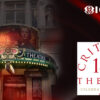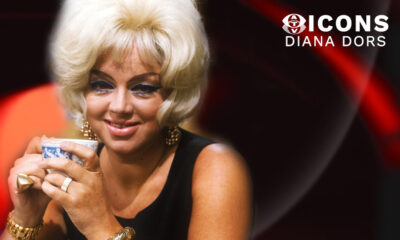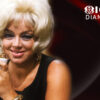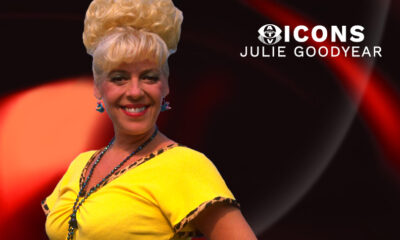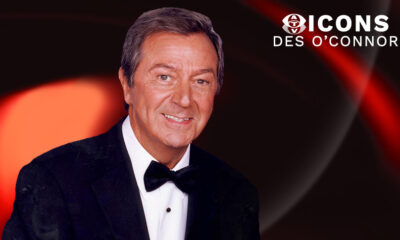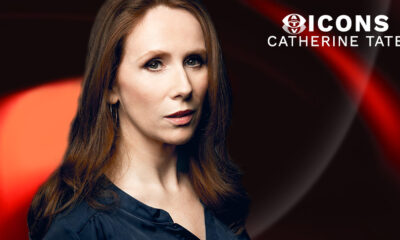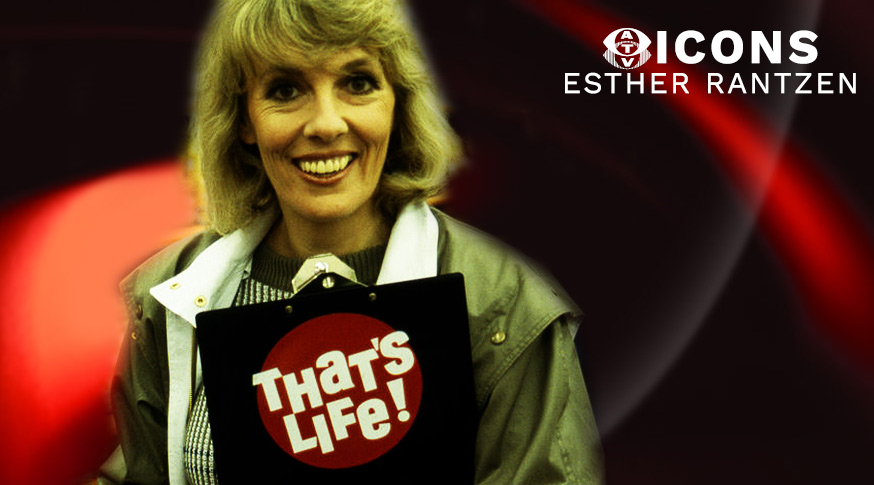The latest to be inducted into the ATV Icon Hall of Fame is television and radio broadcaster Dame Esther Rantzen.
Esther has been part of British popular culture since the 1960s working in broadcasting and print as a journalist, television presenter and campaigner. No doubt best known for the long running BBC One consumer programme That’s Life! but there’s a lot more to Dame Esther than just wonky carrots and complaints to the Gas Board.
Esther Rantzen was born on the 22nd of June 1940 in Berkhamsted, Hertfordshire. She grew up with an early interest in journalism and the performing arts however it was secretarial training that she undertook after leaving Somerville College Oxford with an MA in English. Rantzen now has seven Honorary Doctorates and Fellowships
However, a change in direction came when Rantzen was recruited by BBC Radio as a trainee sound effects assistant later moving over to television as a clerk in the programme planning department before moving up the ranks to a production researcher on the BBC One late-night satire programme BBC-3 which ran from 1965 to 66.
With the Beeb Esther worked on several current affairs programmes as a researcher including the acclaimed Man Alive in the mid-sixties which is where she met her future husband Desmond Wilcox. She also trained to be a director and producer. It was however fate which brought her in front of the camera when Canadian Bernard Braden quit ATV and his long-running consumer series On The Braden Beat to join the BBC. A new format saw Braden’s researchers on-screen during Braden’s Week giving bits of information across the programme. Esther was regularly seen updating Bernard on topics they were covering.
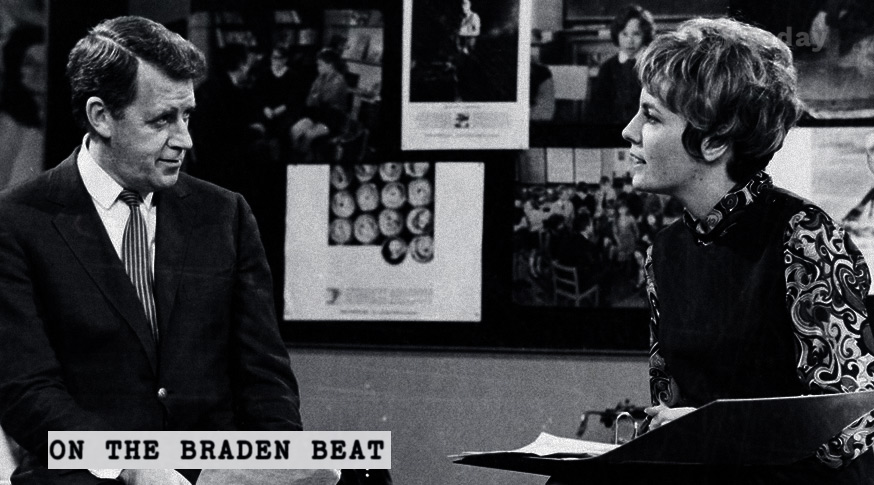
BBC Publicity PR handout: On The Braden Beat
When Bernard decided to return to Canada in 1972 the bosses at the corporation were keen to keep the format of the show on air; and with a few tweaks, it was reborn as That’s Life! in 1973 – turning the Braden’s Week format upside down as Esther would be the lead personality with a back up of men as her research team. A comedy section was introduced with witty newspaper cuttings hosted by names such as Cyril Fletcher and Doc Cox.
The groundbreaking television program became known for its unique blend of consumer affairs, human-interest stories, and humour, although airing late evening on a Sunday it became immensely popular with BBC One audiences and established Rantzen as a household name. While the highbrows up in the Beeb may have just seen it as tittle-tattle television and only remembered the rude-shaped vegetables or talking dogs, it was a major player in getting justice for everyday people and highlighting ongoing injustices and pioneering charity work. It led pioneering campaigns, including making it law to wear seat belts, getting better playground safety including the removal of concrete surfaces around high play structures and highlighting the need for people to signup for organ donation.
With That’s Life! and BBC coverage in 1986, Esther Rantzen founded ChildLine, a free and confidential helpline for children in the UK. This initiative reflected her commitment to the welfare of children and her desire to address pressing issues affecting them. ChildLine later merged with the NSPCC and continues to be available to help vulnerable youngsters. In the 1990s there was also That’s Life! spin-off series Heart of Gold which rewarded people who deserved praise for their selfless acts of kindness and when Alan Yentob chopped That’s Life! in 1994 after 21 years it wasn’t long before ITV came in with an offer, seeing Esther hosting a similar consumer show That’s Esther for several years.
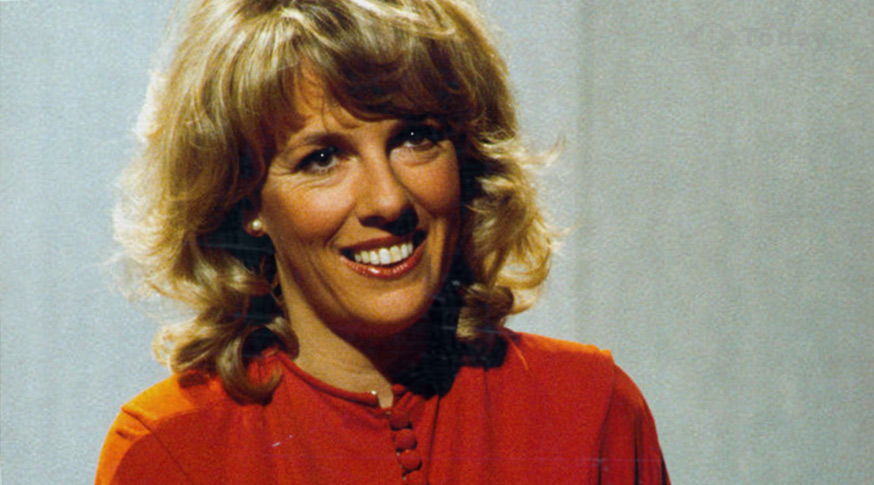
BBC Publicity PR handout: Esther Rantzen hosts That’s Life!
Throughout her career, Rantzen showcased her versatility as a broadcaster, participating in various television programs and documentaries. Her ability to engage with serious issues as well as present lighthearted content demonstrated her adaptability and wide-ranging appeal. This was showcased with BBC Two’s chat show, simply entitled Esther. It covered all kinds of discussion issues ranging from the serious such as divorce and disabilities to the lighter debates on things such as sitcoms and soap operas.
Esther Rantzen received several awards for her contributions to broadcasting and her charitable work. She received an OBE for Services to Broadcasting in 1991, in 2006 a CBE for Services to Children, and became a Dame Commander of the Order of the British Empire in 2015 for her work for children and older people, through Childline and more recently The Silver Line which offers support to the elderly.
In addition to being the first woman to receive the Dimbleby Award from BAFTA she has also received the Royal Television Society’s Special Judges Award for Journalism, the Snowdon Award for services to disabled people, six honorary doctorates, an honorary Fellowship from Somerville College, Oxford and a Lifetime Achievement Award from Women in Film and Television.
As well as her regular programming Esther has also co-hosted several BBC Children In Need telethons, guest presented This Morning, took part in Strictly Come Dancing and made guest appearances on everything from The One Show to Loose Women.
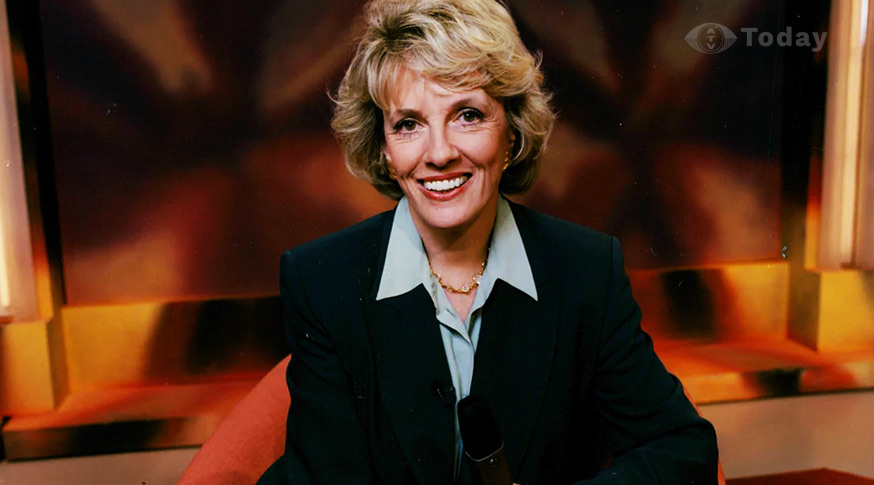
BBC PR Handout: Esther Rantzen got the conversation flowing with ‘Esther’ her BBC Two chat show
Rantzen’s personal life has occasionally been in the public eye. She was married to documentary filmmaker and broadcaster Desmond Wilcox from 1977 until he died in 2000. They had three children together, including the journalist and broadcaster Rebecca Wilcox. In 2021 Esther and Rebecca launched a weekly programme on Boom Radio, which ran until Esther decided to step back from regular broadcasting due to declining health.
In January this year, Esther announced she had found a lump under her armpit and it was diagnosed as stage four lung cancer. But putting a positive on the situation she noted she had lived to 83, thus far, and she had to ‘drop off her perch’ from something.
Esther Rantzen’s enduring influence on British television, her commitment to charitable causes, and her impact on issues affecting children and vulnerable individuals have solidified her as a respected and influential figure in the UK. Esther continues to attempt to fulfil the challenge of the motto on her coat of arms, “If not now, when?”

BBC PR Handout: Esther brings Hearts of Gold to BBC One

